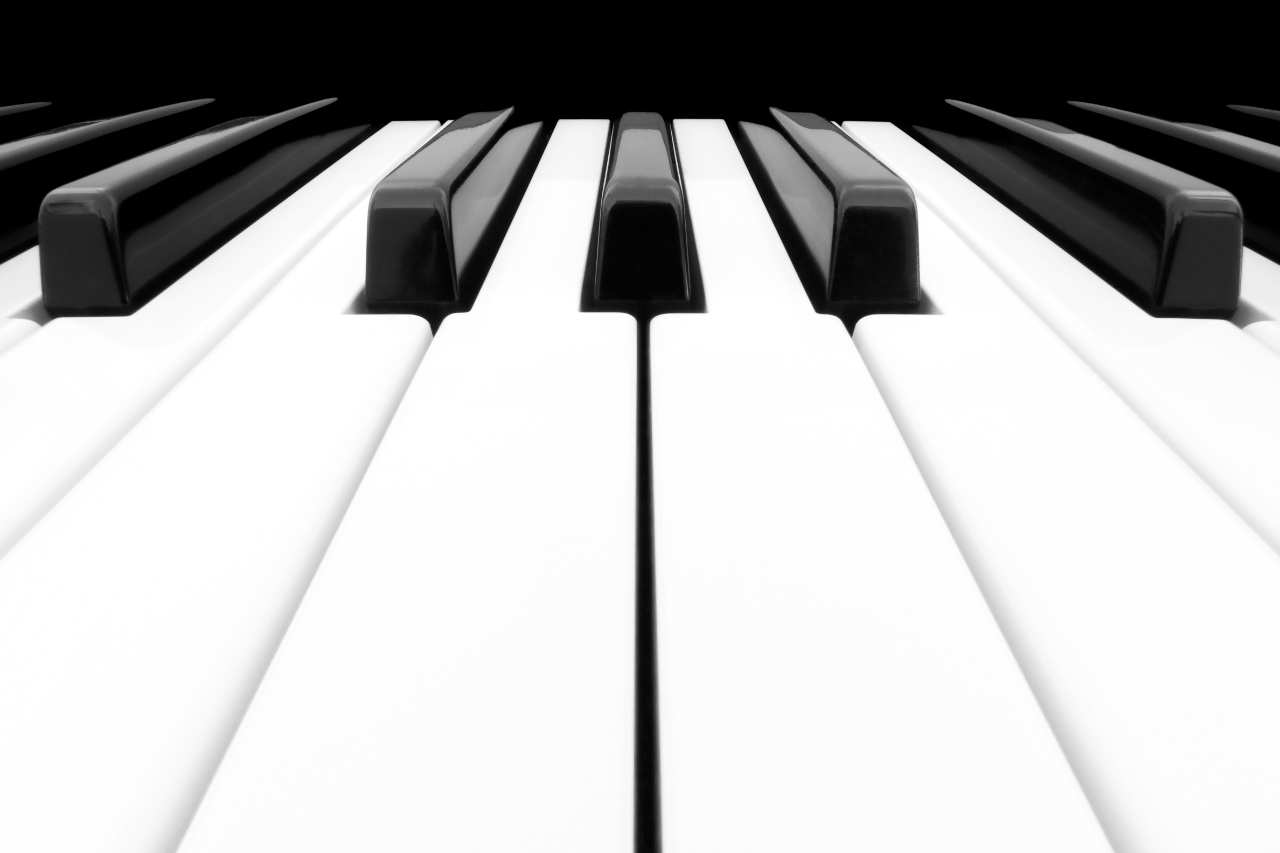
Choosing the right piano is a significant decision for any aspiring pianist or parent. With a variety of options available, the primary debate often narrows down to digital versus acoustic pianos. Each type has its unique advantages, and the best choice depends on your individual needs, goals, and circumstances. In this article, we’ll explore the key differences to help you make an informed decision.
Acoustic Pianos: Acoustic pianos produce sound through hammers striking strings, creating rich, complex tones that many consider unparalleled. The resonance and subtle nuances are a result of the instrument’s physical components interacting with the environment, offering a dynamic range that responds to the pianist’s touch.
Digital Pianos: Digital pianos replicate the sound of acoustic pianos using high-quality recordings (samples) and sophisticated sound technology. While modern digital pianos have made significant strides in sound authenticity, some musicians feel they lack the depth and organic warmth of an acoustic piano.
Acoustic Pianos: The key action in acoustic pianos provides a responsive and weighted feel, crucial for developing proper finger strength and technique. The mechanical interaction offers tactile feedback that helps pianists control expression and dynamics.
Digital Pianos: Many digital pianos feature weighted keys and touch sensitivity to mimic the feel of an acoustic piano. Higher-end models offer graded hammer action and even simulated escapement mechanisms. However, there can still be subtle differences that may affect advanced technique development.
Acoustic Pianos: Regular maintenance is essential for acoustic pianos. They require tuning at least twice a year, along with occasional regulation and voicing to ensure optimal performance. Environmental factors like humidity and temperature can affect their condition.
Digital Pianos: Digital pianos are relatively low-maintenance. They don’t require tuning, and environmental factors have minimal impact. However, they rely on electronic components that may need servicing or updates over time.
Acoustic Pianos: Acoustic pianos generally have a higher initial cost and retain their value over time, especially well-maintained, high-quality instruments. They are often seen as long-term investments and can become family heirlooms.
Digital Pianos: Digital pianos are typically more affordable upfront. They offer excellent value, especially for beginners or those on a budget. However, they may depreciate faster due to technological advancements and wear on electronic components.
Acoustic Pianos: These instruments are substantial in size and weight, requiring ample space and professional movers if relocation is needed. They become a permanent fixture in the home.
Digital Pianos: Compact and lightweight models are ideal for those with limited space or who need portability. They can be easily moved and even stored away when not in use.
Acoustic Pianos: Focus purely on the traditional piano experience without additional features. This simplicity is appreciated by purists who value the authentic playing experience.
Digital Pianos: Come equipped with various features like volume control, headphone jacks for silent practice, recording capabilities, and different instrument sounds. These can enhance practice sessions and offer creative exploration.
Acoustic Pianos: Offer an authentic learning experience that can be beneficial for developing technique, touch sensitivity, and expressive playing. The immediate acoustic feedback can enhance a student’s musicality.
Digital Pianos: Provide flexibility, especially for practicing at any time without disturbing others, thanks to volume control and headphones. The built-in metronomes and recording functions can be valuable tools for learning.
When choosing between a digital and acoustic piano, consider the following questions:
At Dublin School of Music, we understand that every student’s needs are unique. Our experienced instructors can provide personalised advice to help you select the instrument that best suits your musical journey.
If you’re still unsure which piano is right for you, we’re here to help. Feel free to contact us or visit our school to speak with our faculty. We can guide you through the options and even allow you to experience both types of pianos firsthand.

